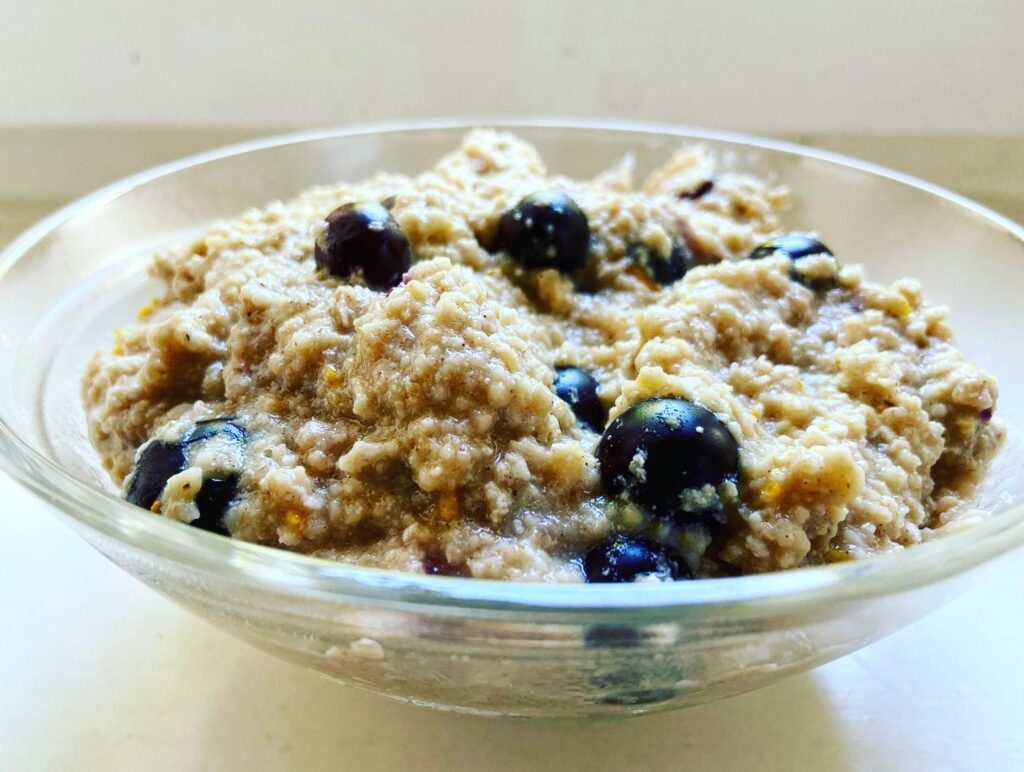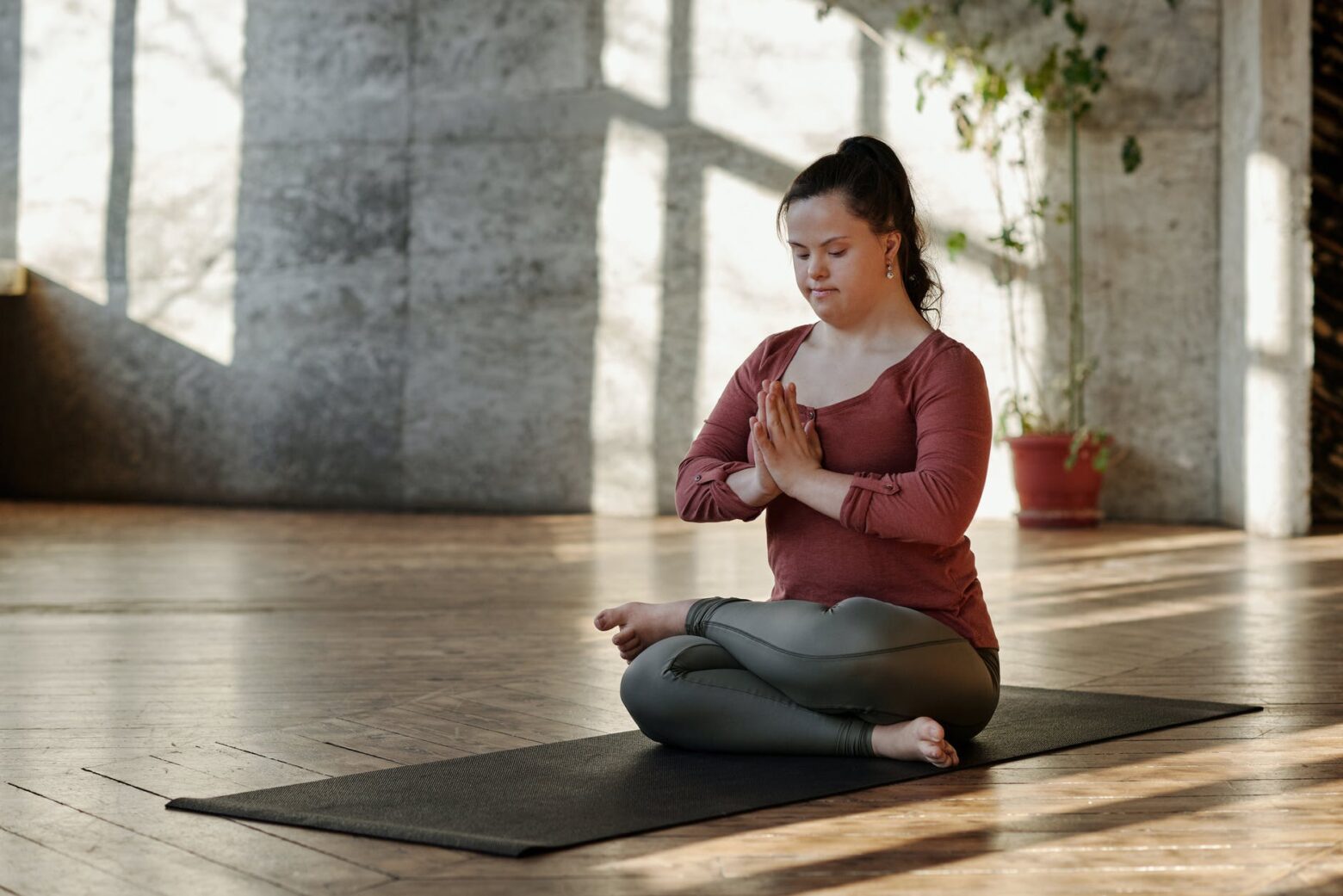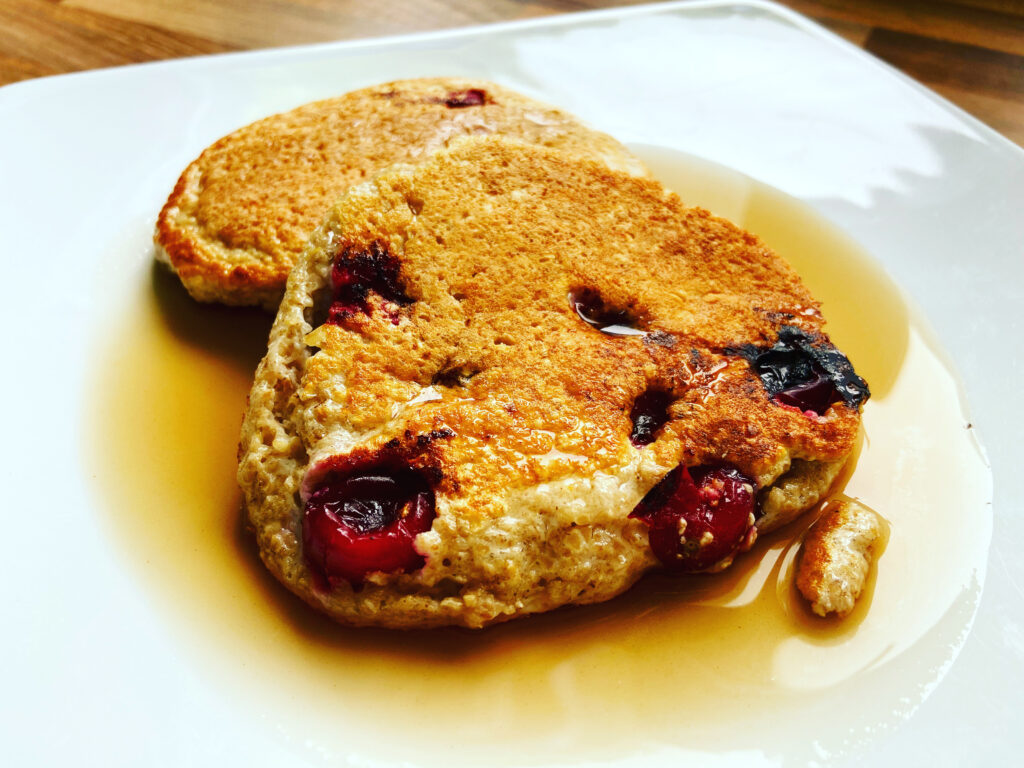The best PCOS training is the training that actually helps you achieve your most audacious fitness goals. We submit that is ‘Progressive Overload’ resistance training, that is, lifting heavy to overload your muscles so you are training with as much weight as you can for maximum growth. But we can see some of you shrinking at the thought of pushing yourself out of fear of raising the dreaded, ‘cortisol.’
The first thing you should know is that cortisol is an anti-stress hormone. Yes, really. Without it, you would not be able to handle shocking and stressful situations. You’d keel over in shock. It’s made to make you capable of handling ‘stress.’
But so-and-so told me I’m a PCOS snowflake and my cortisol is special and more harmful, and, and…
Yes, you are special (you cutie pie) and each unique woman with hormonal issues is going to have a different cortisol situation going on in her body. Lifting hard is just one activity that raises cortisol. Just like truly intensive HIIT. But it does so in EVERYONE, not just PCOS ladies.
Our bodybuilding and bikini competition sisters have known about elevated cortisol after workouts for decades. So, how do they jack up their cortisol with mega-intense workouts and manage to achieve the super-stealth, lean bodies we see on the competition stage? Well, after working out, they eat carbs.
Carbs are the answer. Wait. What?

Yes. Carbs taken directly after intensive workouts helps to lower the cortisol response. It is not the only thing that lowers cortisol and is not the end-all, be-all answer to this problem. Just understand, cortisol lowers itself after exercise in a few hours and a good way to support this is to eat carbs post-workout. We recommend a mix of carbs + protein. More on that later.
Other smart ways to keep cortisol in check.

To lay the cortisol problem squarely on the shoulders of workouts is ignoring the complexity of the cortisol issue in women. We’ll leave it to science to test and come up with the best recommendations. But what we have read so far about lowering cortisol includes the following recommendations:
— Train regularly. The intensity of cortisol response lowers with regular training.
— Train during the time of day that suits your unique cortisol patterns. Are you a morning person? A night owl? While cortisol is said to be higher in the morning, exercise gurus recommend training when it feels physically best as this may be an indication of your unique cortisol pattern.
— Remember that exercise isn’t the only cause of raised cortisol. Check in with your mental and emotional stressors. Think about what steps you can take to achieve more peace in your life and therefore lowered cortisol. A lot of PCOS ladies meditate on account of this insight.
— Get enough rest between exercise sessions. We train a few days, rest a day, then train a few more.
— Get enough rest at night. As a PCOS lady, you should already be doing this. But in general, women who are working on their fitness need their shut-eye. Remove electronics from your bedroom. Try to go to bed and wake at the same time every day.
Don’t be afraid to lift heavy.
To build fat-banishing lean muscle mass, you need to challenge yourself. If we’re not building muscle, we’re leaving ALLLLL the work to our diet. Give your diet some support. Work hard in the gym. Lift heavy. Build beautiful shapely muscle and it will burn calories for you long after the workout is done. Resistance training serves you in the following ways:
- Lowers androgens, the cause of many male-oriented PCOS symptoms.
- Improves insulin sensitivity. Resistance training is said to make your cells more able to use the energy you feed it, allowing for less sugar to be turned to fat.
- Lowers blood glucose. Less sugar in the blood means less insulin.
- Improves body composition by replacing big body fat with smaller lean muscle.
- Helps with weight loss – muscle burns calories even when you are at rest. More muscle. More calorie burning.
- Improves mood. Don’t we all need this.
- Builds muscle strength. Being stronger will make you more capable, make your feel better, and cut down on annual muscle loss after age 30. Go on, reverse that aging process.
- Builds bone. Bone decreases with age and becomes brittle. It’s why so many elderly people break bones in falls. Stay strong. Avoid the hospital with stronger bones.
Eat low-GI, PCOS-friendly carbs with protein after workouts.
Lots of women who workout in the morning eat ½ their breakfast before working out and half their breakfast after. An easy way to enjoy a carb + protein meal / snack after your workout is to make protein pancakes. These are oat bran and protein powder or egg white based pancakes. Protein pancakes can be made in bulk and you can just drop a couple in a baggy before you head to the gym. You can warm them up after or eat them cold. No utensils required. Our favorite is a simple blueberry protein pancake. So, you get a little semi-sweet, carby treat right after every training session (weights or HIIT) and your cortisol is kept in check.

Our Post-Workout Cranberry Oats are a great option. You can choose any carbs and protein as long as they’re low-GI and we’d recommend options from our Daily Food List for maximum nutrition. Chicken breast and sweet potato is another choice. Train hard to build calorie-burning, PCOS-easing lean muscle mass. Eat what you love. And outside of doctor’s orders, don’t worry your pretty head excessively over raising cortisol and miss out on achieving your most audacious goals.
More PCOS Training Support from We the PCOS:
Want to learn more about why resistance training is so good for PCOS? Take a look at our article on improving PCOS symptoms by training here.
Like and Subscribe to our We the PCOS YouTube Channel for supportive videos weekly on PCOS Nutrition, PCOS Inspiration, PCOS Training, PCOS Mental Health, and PCOS Accountability.

